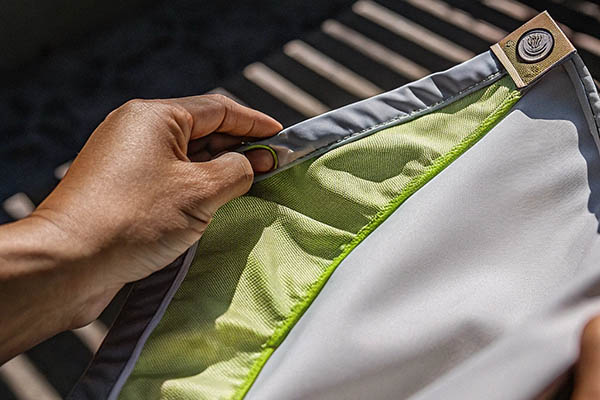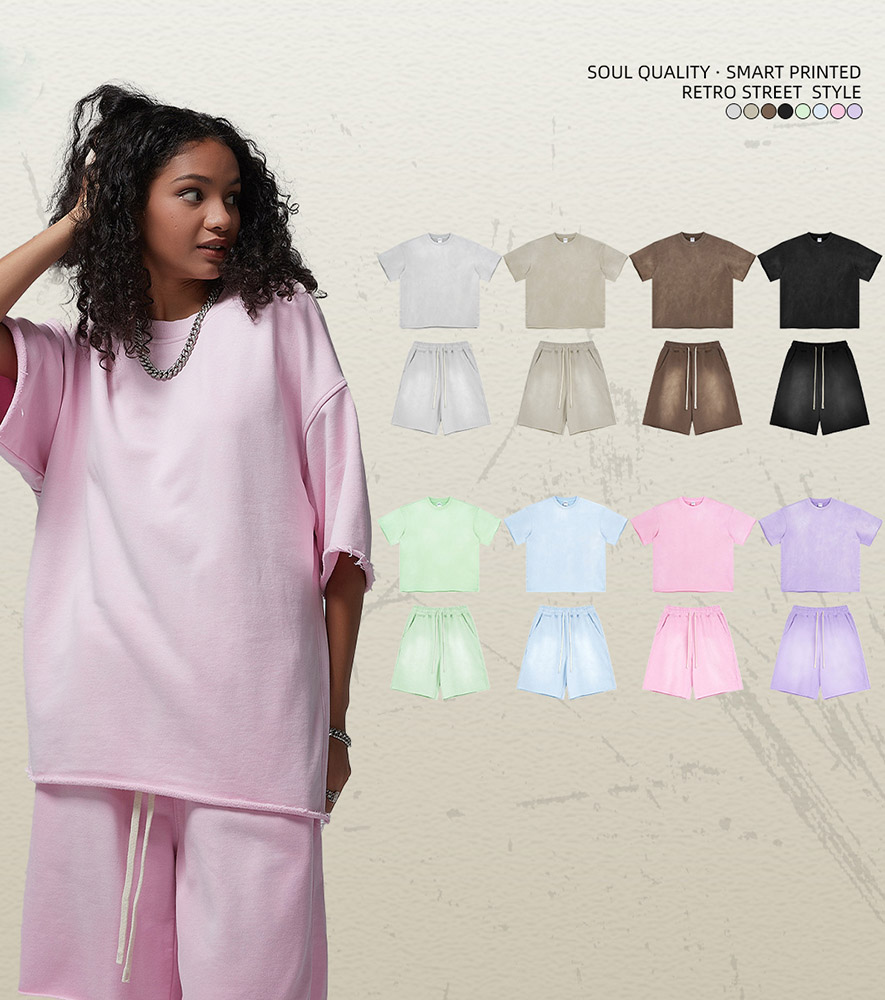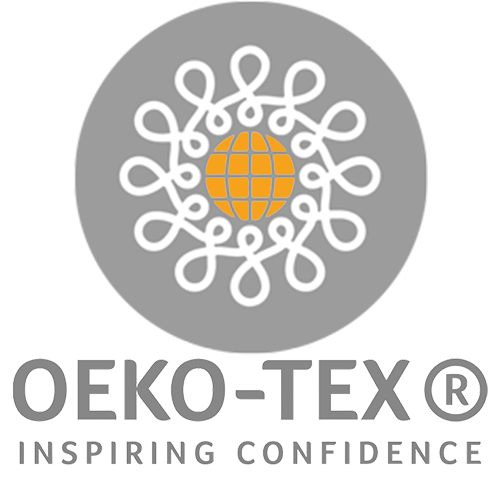Many swimwear brands turn to Bali Swim for production, but is the company truly ethical? Ethical concerns in manufacturing usually revolve around fair labor, sustainability, and transparency. Bali Swim promotes itself as a responsible manufacturer, but a closer look is needed to determine whether its claims hold up.
Bali Swim1 markets itself as a sustainable and ethical swimwear manufacturer, but the lack of independent certifications and full transparency raises questions. While they promote eco-friendly materials and fair wages, there is limited third-party verification.
Many businesses rely on suppliers to uphold ethical standards. Before partnering with Bali Swim, it’s crucial to analyze their labor practices, sustainability efforts, and overall business transparency.

Does Bali Swim provide fair wages and safe working conditions?
Fair wages and working conditions are at the core of ethical manufacturing. Many brands want assurance that their swimwear is produced under ethical labor practices2.
Bali Swim states that they provide fair wages and safe conditions for workers, but without independent audits, these claims remain unverified. Ethical businesses typically disclose wages, working hours, and worker benefits, but Bali Swim lacks such transparency.
The reality of labor conditions in Bali
Bali has a growing manufacturing sector, but labor laws are not always strictly enforced. Many factories pay workers the legal minimum wage, which may not be enough for a decent living. Without third-party labor certifications, it’s difficult to confirm Bali Swim’s wage and working condition claims.
Ethical wages vs. minimum wages
A company can meet legal wage requirements while still underpaying workers by ethical standards. A "living wage" should cover food, housing, and basic needs. Without published wage data, it’s unclear whether Bali Swim pays workers enough to maintain a decent standard of living.
| Wage Type | Definition | Does Bali Swim Provide It? |
|---|---|---|
| Minimum Wage | Government-mandated lowest pay | Likely, but unverified |
| Living Wage | Enough to cover essential needs | No data available |
Lack of independent labor audits
Fair Trade, WRAP, or SA8000 certifications are common ways to verify ethical labor practices. Bali Swim does not display any of these certifications, making it difficult to confirm their ethical claims.
How sustainable is Bali Swim’s swimwear production?
Sustainability is one of Bali Swim’s main selling points. They emphasize the use of recycled materials and ethical production, but how much of this is marketing versus real commitment?
Bali Swim uses recycled materials and promotes sustainable production3 methods, but without independent eco-certifications, it’s difficult to confirm the extent of their sustainability. Their claims sound promising but require more transparency.

The pros and cons of recycled fabrics
Bali Swim uses ECONYL® (regenerated nylon) and other recycled materials, which is a step toward sustainability. However, recycled fabrics still release microplastics when washed, contributing to ocean pollution.
| Material | Environmental Benefit | Potential Drawback |
|---|---|---|
| ECONYL® | Reduces plastic waste | Still sheds microplastics |
| Recycled Polyester | Saves resources | Requires chemical processing |
Is their supply chain truly eco-friendly?
Sustainability goes beyond fabrics—it includes water usage, waste management, and carbon emissions. Bali Swim does not publish reports on their factory emissions or resource consumption. Many sustainable brands provide carbon footprint reports, but Bali Swim lacks such disclosures.
The risk of greenwashing
Many brands use sustainability as a marketing tool without fully committing to ethical practices. Without independent environmental audits, Bali Swim’s sustainability claims could be exaggerated. Transparency is key in proving a genuine commitment to sustainability.
How transparent is Bali Swim about its manufacturing process?
Transparency is one of the strongest indicators of an ethical business. Ethical brands openly share details about their supply chain, labor conditions, and environmental impact.
Bali Swim promotes ethical values but lacks full transparency. They do not disclose supplier lists, third-party audits, or detailed labor conditions, making it difficult to verify their ethical claims.
No publicly available supply chain data
Many ethical manufacturers publish reports on their suppliers, ensuring fair wages and working conditions. Bali Swim does not disclose information about its factory partners or sourcing methods, which raises concerns about accountability.
Unverified sustainability certifications
Some ethical brands obtain OEKO-TEX, GOTS, or Fair Trade certifications to confirm responsible production. Bali Swim does not clearly display such certifications on their website, making it difficult to verify their claims.
| Certification | Purpose | Does Bali Swim Have It? |
|---|---|---|
| OEKO-TEX | Tests for harmful chemicals | Unclear |
| GOTS | Ensures organic textile production | Not listed |
| Fair Trade | Guarantees ethical labor practices | Not listed |
Vague ethical commitments
Bali Swim emphasizes ethical and sustainable production, but without independent verification, these commitments are difficult to confirm. A truly ethical brand would provide transparent, detailed reports on its labor conditions, wages, and sustainability efforts.

Are there better alternatives to Bali Swim?
For brands prioritizing ethical sourcing, there are alternative manufacturers with stronger commitments to fair labor and sustainability.
Companies looking for ethical swimwear manufacturers should explore brands with Fair Trade certifications, third-party labor audits, and publicly available sustainability reports. Some alternatives offer greater transparency than Bali Swim.
Ethical swimwear manufacturers with stronger commitments
Brands that prioritize ethics often look for manufacturers with clear third-party certifications and transparent supply chains. Here are some alternatives:
| Manufacturer | Key Certifications | Ethical Strengths |
|---|---|---|
| Patagonia | Fair Trade, Bluesign | Transparent supply chain, strong labor rights |
| Outerknown | Fair Trade Certified | Commitment to sustainability and ethical wages |
| Vitamin A | GOTS, OEKO-TEX | Sustainable materials with ethical sourcing |
Customization options for ethical brands
Many businesses choose Bali Swim for its customizable swimwear. However, ethical alternatives also offer private-label and customization services. It’s possible to produce sustainable swimwear without compromising on ethics.
Conclusion
Bali Swim presents itself as an ethical manufacturer, but their lack of independent certifications and transparency raises concerns. While they use recycled fabrics and promote fair labor, there is limited third-party verification. For businesses looking for truly ethical swimwear production, it may be worth considering alternative manufacturers with stronger commitments to sustainability and fair labor practices.
-
Explore this link to understand Bali Swim’s ethical practices and claims, helping you make informed decisions about your swimwear choices. ↩
-
Learn about ethical labor practices in the swimwear industry to assess Bali Swim’s claims and find brands that prioritize worker rights. ↩
-
Discover best practices in sustainable swimwear production to compare with Bali Swim’s claims and find truly eco-friendly options. ↩













